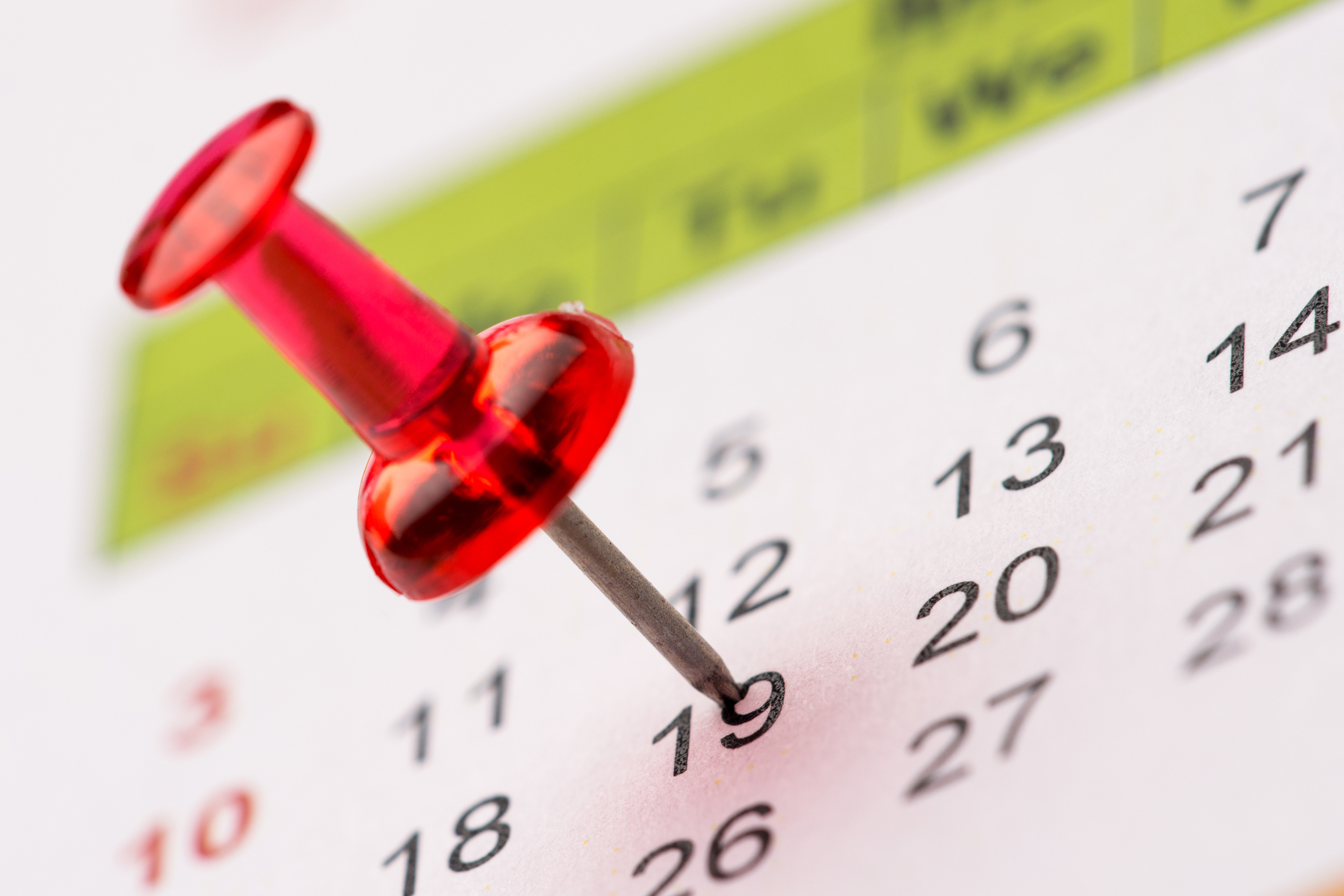How to tell the date in French
Posted by Josh on 11th Nov 2022 in the blog in the learning french category
Being able to tell the date is one of the most important things to know (and not least because it's a great way to help you practise your tenses!). Just think how often you need to talk about dates on an average day, whether it's booking a restaurant, telling someone your birthday or identifying which day a public holiday falls on so that you can avoid the traffic!
Because we talk about dates so often, it tends to come easy to us, even if it involves juggling lots of months and numbers. Unfortunately, telling the date in French isn't simply a matter of translating how you would tell the date in your first language directly into French, as the French language has its own particular conventions. So let's take a look at them.
First, let’s brush up on our months and numbers
Months
January - janvier
February - février
March - mars
April - avril
May - mai
June - juin
July - juillet
August - août
September - septembre
October - octobre
November - novembre
December - décembre
Easy enough — just watch out for the accents in 'décembre' and 'août'. 'Août' is sometimes written with a circumflex and sometimes without, since the Académie Française declared in 1990 that the accent is no longer obligatory. Another thing to remember is that French months aren't capitalised, as English months are, unless they are the first word of the sentence.
Numbers
There are at most 31 days in a month, but if you want to talk about the year, you’ll need to be able to count up to your thousands. When we say 2022 in English we often say 'twenty twenty-two', but in French you would have to say 'two thousand and twenty-two' - that is, 'deux mille vingt-deux'.
If you're rusty on numbers, check out Alexa's video lesson here.
While in English we use ordinal numbers for dates ('first', 'second', etc.) in French you only use the cardinal numbers ('one', 'two' — 'un', 'deux'). This is one distinction that makes French a little bit easier. Please note however that there is one exception to the rule, which is when you are talking about the first day of the month. So for instance, instead of 'un septembre', you would say 'premier septembre'.
Besides these differences, French dates follow the same order used in British English — day, month, year. In English, particularly, in American English, it can be also common to express the date in the order month, day, year - but this is never the case in French, which always goes smallest to largest whether it is spelt out (quatre août mille neuf cent quatre-vingt-treize) or numerical (4/8/1993).
Examples
29 May - vingt-neuf mai (Alexa's birthday)
14 July - quatorze juillet (Bastille Day)
31 March 1889 - trente et un mars dix-huit cent quatre-vingt-neuf (the day the construction of the Eiffel Tower was finished)
Sunday 1 January 2023 - dimanche premier janvier deux mille vingt-trois (Happy New Year!)
Check out some of our other blog posts!
Using ChatGPT to Learn French
Posted on by Josh in the categoryEveryone's talking about the new A.I. tool ChatGPT. But just how good is it as a tool for learning French?
Read moreBest winter vacation spots in France
Posted on by Josh in the travel & tourism categoryWhere are the best places to visit in France over the winter months?
Read moreHave fun learning French Today
People from all over the world enjoy learning French with Alexa Polidoro’s popular French audio and video lessons.



